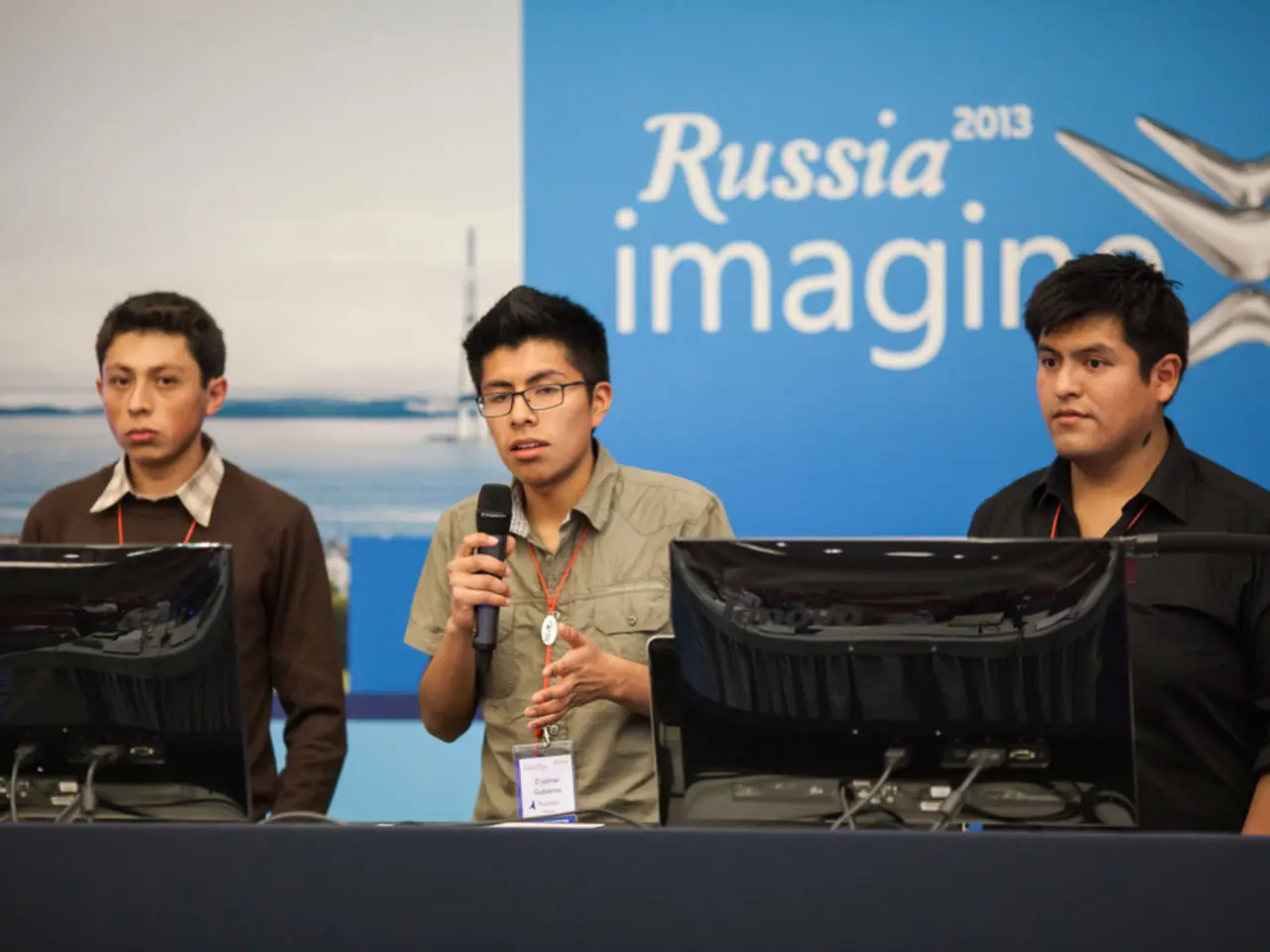Graduates from Omsk SIBIT Anticipated in Moscow, Kaliningrad, and Salekhard
The Siberian Institute of Business and Information Technologies (SIBIT) is leading the way in university-industry cooperation in Russia, with representatives from production, legal companies, state, and municipal institutions playing a direct role in the educational process. According to Maxim Rodionov, the rector of ANOO VO "SIBIT", this close collaboration is strategically necessary due to the speed of changes in the current era.
This case study explores strategies for university-industry cooperation in the Russian context, highlighting SIBIT's impact on graduate employment opportunities. While specific details about SIBIT's initiatives are not extensively documented, best practices and contemporary strategies in the field can be applied to similar institutions.
Key strategies for university-industry cooperation include curriculum development in collaboration with industry, joint research and development projects, industry-led lectures and workshops, internship and apprenticeship programs, the establishment of Technology Transfer Offices (TTOs), and the development of strong alumni networks and career services.
Assuming SIBIT follows similar models to other leading Russian technology and business institutes, it would likely employ approaches such as collaboration with regional businesses, practical training, and project-based learning, career guidance, and placement support.
The benefits of such cooperation for graduates are higher employability, access to professional networks, and relevant skills development. For SIBIT to maximise its impact, it would benefit from formalised internship programs, industry-aligned curricula, and active engagement with regional businesses, particularly in the IT and information technology sectors.
The Russian economy, particularly in regions like Siberia, faces challenges such as high regional disparities, an aging workforce, and economic pressures due to sanctions and shifting industrial priorities. Strong university-industry collaboration can help mitigate these issues by tailoring education to local labor market needs, supporting regional innovation and entrepreneurship, and facilitating the retention of skilled graduates within the region.
On July 4, a ceremony was held at SIBIT to present diplomas to 76 young men and women who completed their studies in fields such as Economics, Law, and Management. Each of the 9 holders of red diplomas already knows where they will work, with many companies, including PJSC "Progress", PJSC "Gazprom Neft-Omsk Refinery", and UFSIN Russia for the Omsk region, having already sent job offers to future SIBIT graduates.
Business, in turn, gains tested personnel from SIBIT graduates. The educational process at SIBIT is oriented towards the real sector of the economy, with the system of training specialists involving interaction with real employers. Upon graduation, students submit their resumes first to the company they are already familiar with and where they are known, increasing their chances of employment.
The graduates will work not only in Omsk but also in Moscow, Kaliningrad, Novosibirsk, and Salekhard. SIBIT offers 6 fields of study and 15 specializations, and it continues to develop and expand new university traditions that allow for more effective solutions to any production and life tasks. University professors at SIBIT congratulate their former students and their parents on significant life events and wish them professional success and success in all their endeavours.
Graduates of SIBIT benefit from enhanced employability and access to professional networks due to industry-aligned curricula and active engagement with regional businesses, particularly in the IT and information technology sectors. Successful implementation of education-and-self-development and career-development strategies, such as internship programs, skills-training workshops, and collaboration with employers, are key to SIBIT's continued impact.




